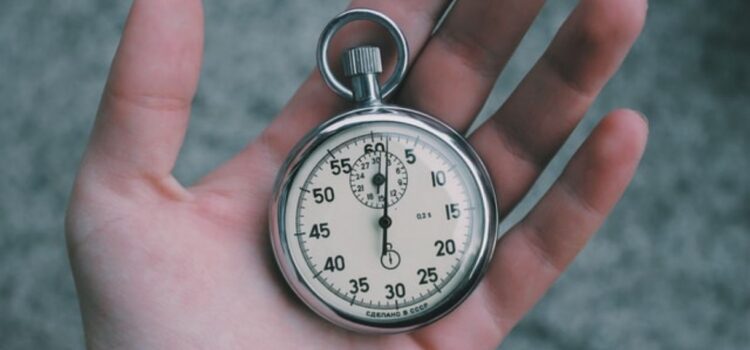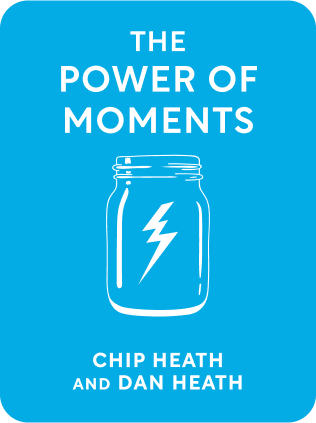

This article is an excerpt from the Shortform book guide to "The Power of Moments" by Chip Heath and Dan Heath. Shortform has the world's best summaries and analyses of books you should be reading.
Like this article? Sign up for a free trial here .
Why does time speed up as we age? Does the time really pass faster as we get older or does the mind play a trick?
The reason you find time speeding up as you get older has to do with how your brain processes novel information. Your brain responds more actively to novelty than it does to routine, which is why it feels like time is speeding up as you get older.
Here’s why time seems to speed up as we get older.
Why Does the Time Speed Up as We Age?
Imagine you were watching identical images of a dolphin flash across a screen, every image appearing for exactly two seconds. Suddenly, in the middle of all these dolphins, a photo of a red backpack flashes across the screen for exactly two seconds. A psychological study has found that, if you were to report afterward how long each image stayed on the screen, you would claim that the red backpack was on the screen for significantly more time than the identical dolphins, even though every image was shown for two seconds.
This happens because after seeing the same image multiple times, your brain doesn’t need to process any more information about it and “checks out.” When the new image suddenly appears, your brain re-engages. It processes a lot of new information in the same amount of time it was previously processing no new information—this tricks you into thinking you were seeing the image for a longer period of time.
The Reminiscence Bump
The way the brain responds to novelty reveals a key idea about memory and the importance of creating defining moments. If you were to reflect on your life and name the most memorable events, it’s likely that most of the named events occurred in your late adolescence and early adulthood. This is called the “reminiscence bump,” and it happens because you experienced many “firsts” between the ages of 15 and 30, such as your first kiss, your first job, or your first apartment. Because of the inherent novelty of these firsts, they stand out in your memory. However, after about age 30, your “firsts” naturally reduce and there are fewer opportunities to experience novelty—the flat routine of everyday life takes over and your brain, seeing the same “image” again and again, disengages. This is why you find time speeding up as you get older.
By creating experiences of novelty or unexpectedness, you create “red backpacks” that stand out against the monotonous “dolphins” of your life. They re-engage your brain and force you to process new information—not only does this allow you to more fully experience and enjoy moments and create richer memories, but it also makes you feel that time is passing more slowly.
(Shortform note: Our brains are hardwired to respond to novelty because this trait had a large part in our evolution and survival. The survival of biological species depends on being able to detect novel, and possibly threatening, additions to their environment. Following Darwin’s survival of the fittest theory, humans whose brains had a strong response to novel stimuli were able to respond more quickly to attacks or natural disasters and therefore survive, whereas those with a weak response to novelty were more likely to be caught off guard and die off.)

———End of Preview———
Like what you just read? Read the rest of the world's best book summary and analysis of Chip Heath and Dan Heath's "The Power of Moments" at Shortform .
Here's what you'll find in our full The Power of Moments summary :
- How to make everyday experiences meaningful and memorable
- A look at the four elements that create meaning
- How your senses can play a role in elevating everyday moments






